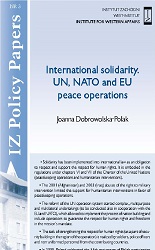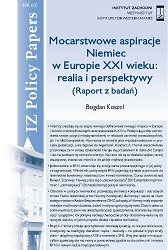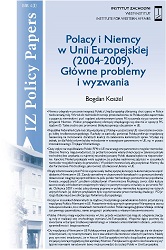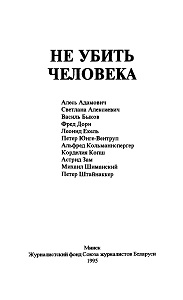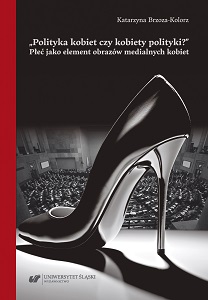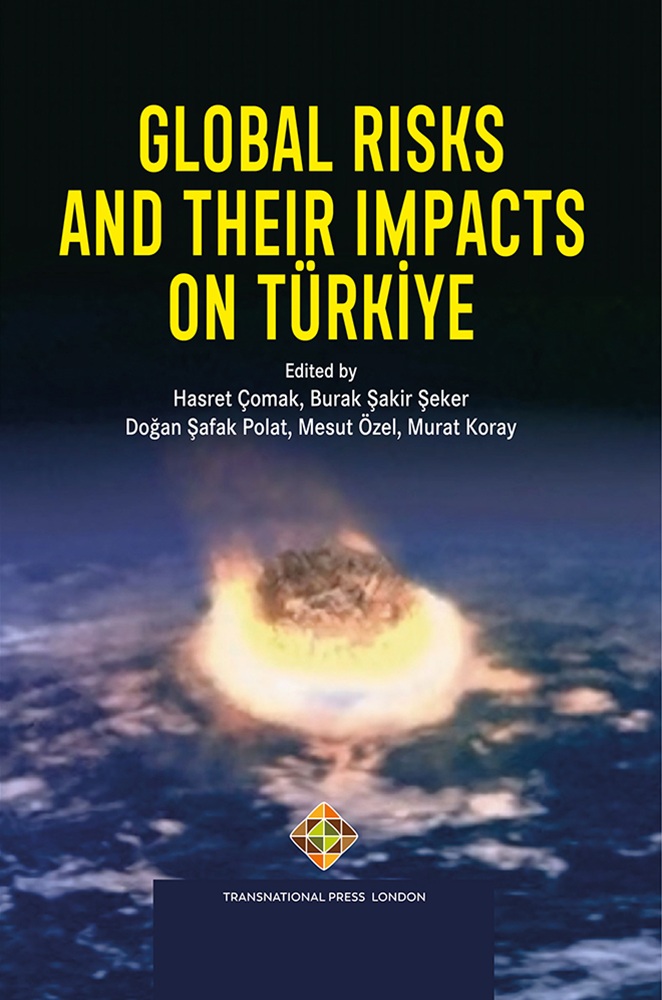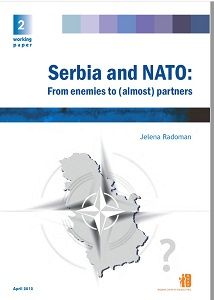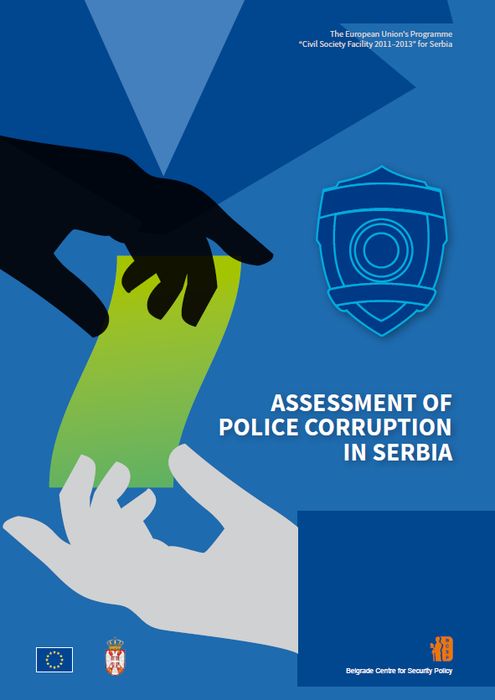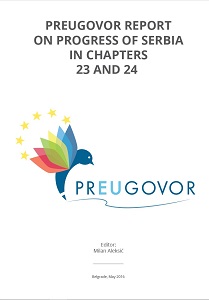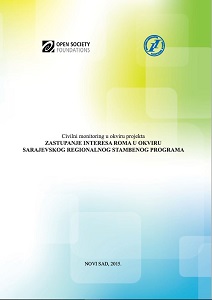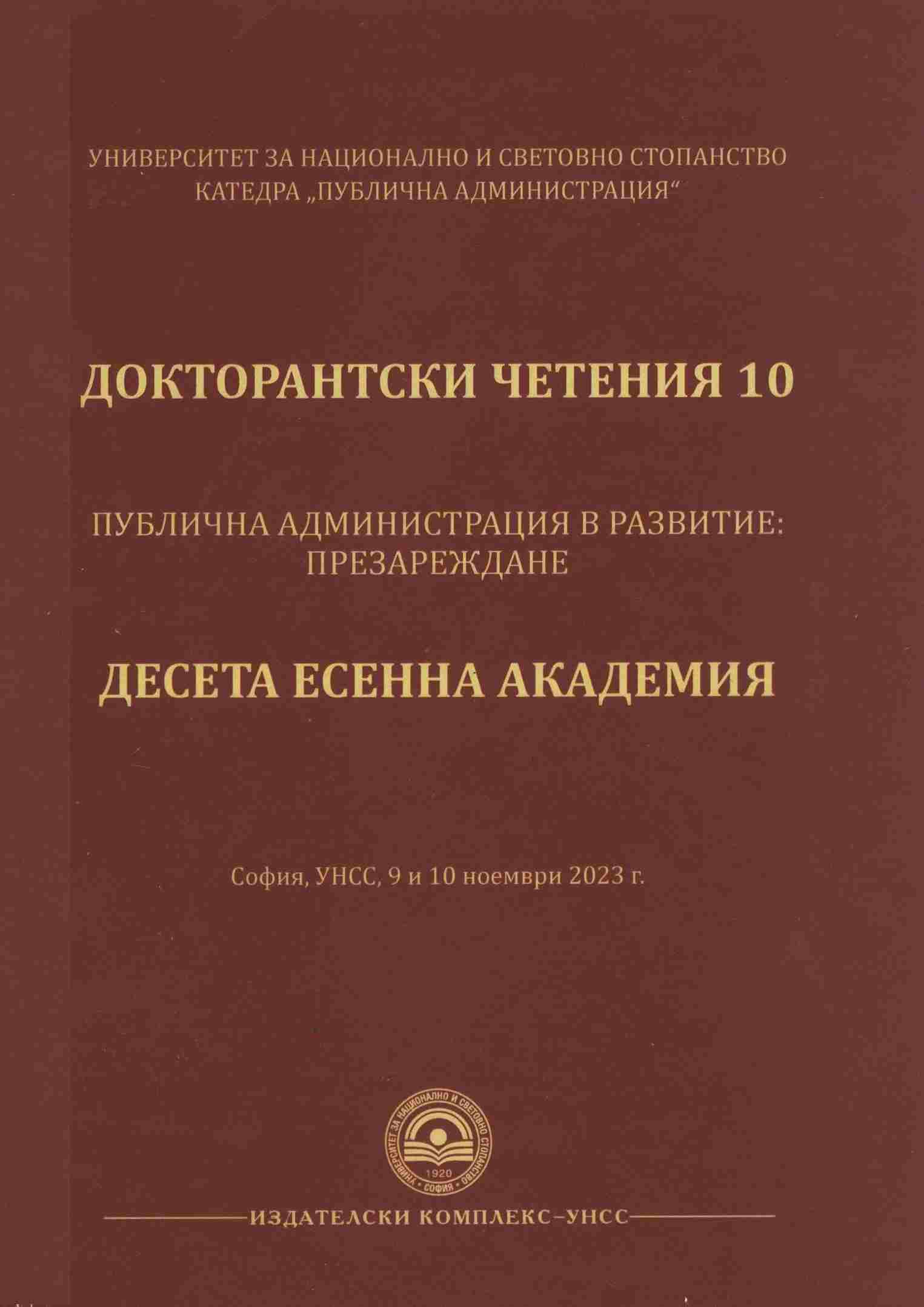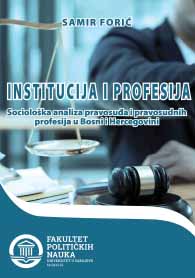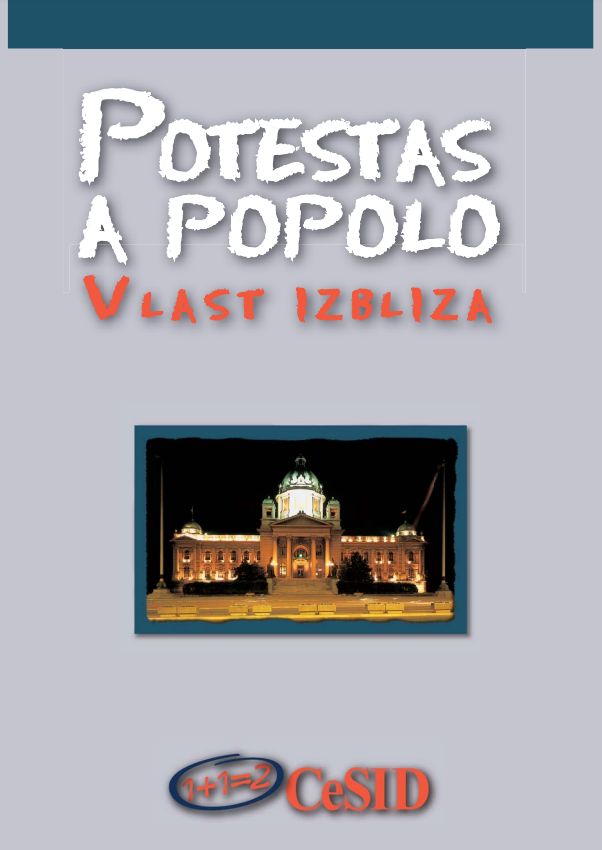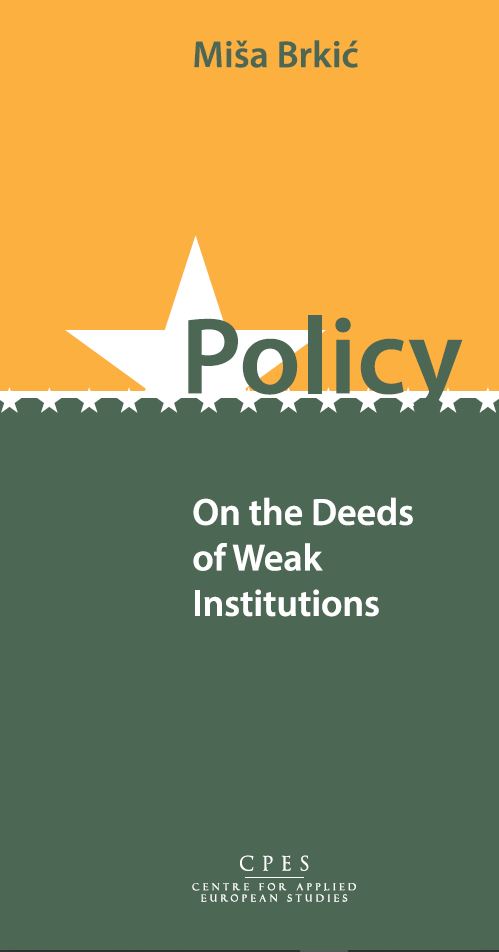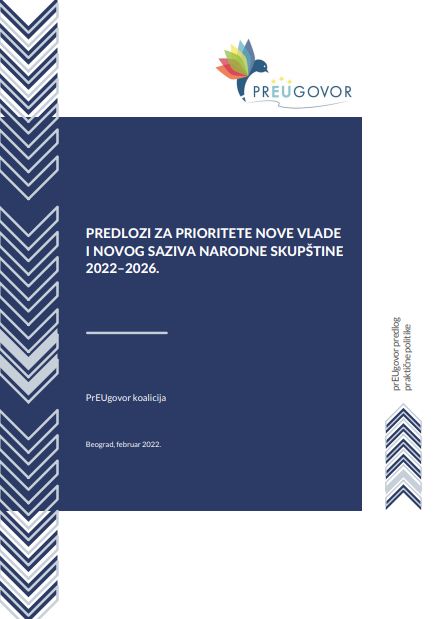Author(s): Nedžad Jusić,Milan Radović,Dubravka Mišković Prodanović,Ratko Bubalo / Language(s): Bosnian,English,Croatian,Serbian,Montenegrine
At the beginning of 2014, Igman Initiative, a network of CSOs from the countries signatories to the Dayton Agreement, had set off the project of civic monitoring of implementation of Regional Housing Programme (in further text RHP), with special focus on providing housing care for Roma, as one of the most vulnerable groups within the refugee population, and integrating their interest in that process. A special vulnerability of Roma population derives from the fact that Roma are often unemployed and live off social assistance in hard housing conditions, often in illegal and segregated settlements without proper infrastructure, in flats which they illegally inhibited or in housing units without construction permit and proof of ownership. Consequently, they face difficulties in exercising their status rights and accessing health services, education, employment, social protection and housing care, usually due to the absence of personal documents, poverty, and traditional way of living or limited access to institutions. In relation to other refugees and DPs a majority Roma is in the category of legally invisible persons (absence of personal documents). As a result, and because of prejudice, they encounter numerous difficulties in obtaining documents and realizing refugee status or acquiring citizenship, which is conditioned by the acquisition of citizenship in domicile country or the status of foreigner with permanent residence, all which is a prerequisite for the exercise of other rights, including the right to housing. For example, although the Government of Montenegro is putting enormous effort into solving the status of DPs and IDPs the major risk lies in the fact that a majority of Roma still hasn’t regulated its status in Montenegro. The rights to housing under the RHP will only have those DPs and IDPs who have regulated their status. This project was initiated for the reason that the Igman Initiative has warned before that there is bias and unequal treatment in the region, including discrimination of Roma with regards to their access to housing care, as well as numerous issues with regard to proving the status of refugees, or the ownership of property or its devastation. The main objective of the project is to improve the status of Roma refugees, DPs and IDPs in Serbia, Montenegro, Croatia and Bosnia and Herzegovina, by providing assistance in accessing housing care and providing support to competent authorities in their efforts to permanently resolve Roma issues in the area of housing. During the realization of this project it has been determined that competent institutions in the countries of the Dayton Quadrangle responsible for the implementation of the RHP do not have precise data on Roma refugees and DPs, their number, current territorial density and their housing needs. General statistical data regarding Roma population, i.e. Roma refugees and DPs, does not match the state of affairs in this area. Due to the lack of data on Roma refugees, DPs, IDPs and their housing needs, in relation to anticipated models of the RHP implementation in participating countries, there is a risk that a significant number of the most vulnerable Roma refugee and displaced families will be neglected during the implementation of the RHP. For example, in Croatia the RHP deals primarily with persons who are still placed in refugee camps or collective centers or with former holders of tenancy rights, among whom there are no Roma refugees, DPs or IDPs. For this reason, competent institutions in the RHP implementing countries should determine the exact number of Roma refugees, DPs and IDPs, their territorial density as well as their accurate housing needs, so as to adjust the anticipated models of the RHP implementation in a way that will include most vulnerable Roma refugee and displaced families in the programs of housing care. The RHP does not recognize Roma refugees, DPs and IDPs as a special vulnerable group, but determines the final beneficiaries according to unprecedented criteria of vulnerability regardless of nationality, other affiliations, or other individual circumstance. Therefore it is difficult to monitor the implementation of the RHP in relation to this or any other ethnic group. With regard to terms of conditions and criteria for the selection of final beneficiaries, the RHP guarantees equal status to all refugees and displaced persons, so that no group within the refugee and DP population receives a special treatment. Consistent with that approach the most vulnerable refugees and DPs, among whom a significant part is Roma, will receive assistance, under the requisite that they submit their applications with all requested documentation. Nevertheless, although the status of Roma refugees and DPs is formally equal to the status of other categories of socially vulnerable refugees and DPs in respect of access to the RHP, their housing and the overall socio-economic status is, by rule, more vulnerable, due to which their access to the RHP is undermined in relation to other categories of socially vulnerable refugees and DPs.
More...
